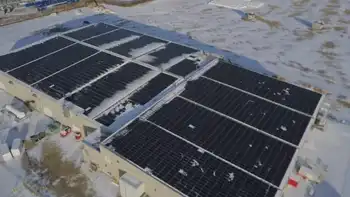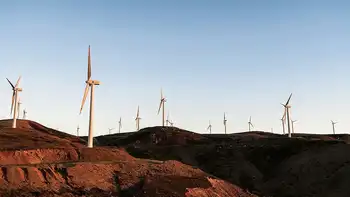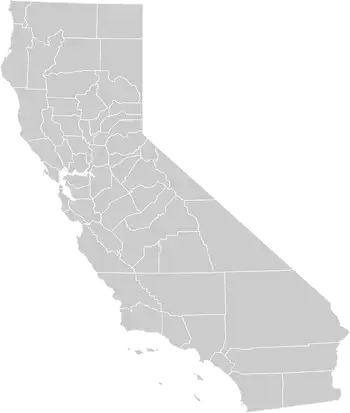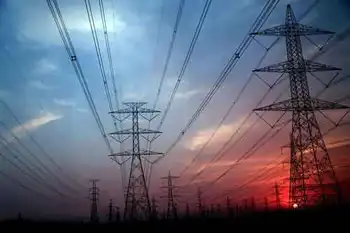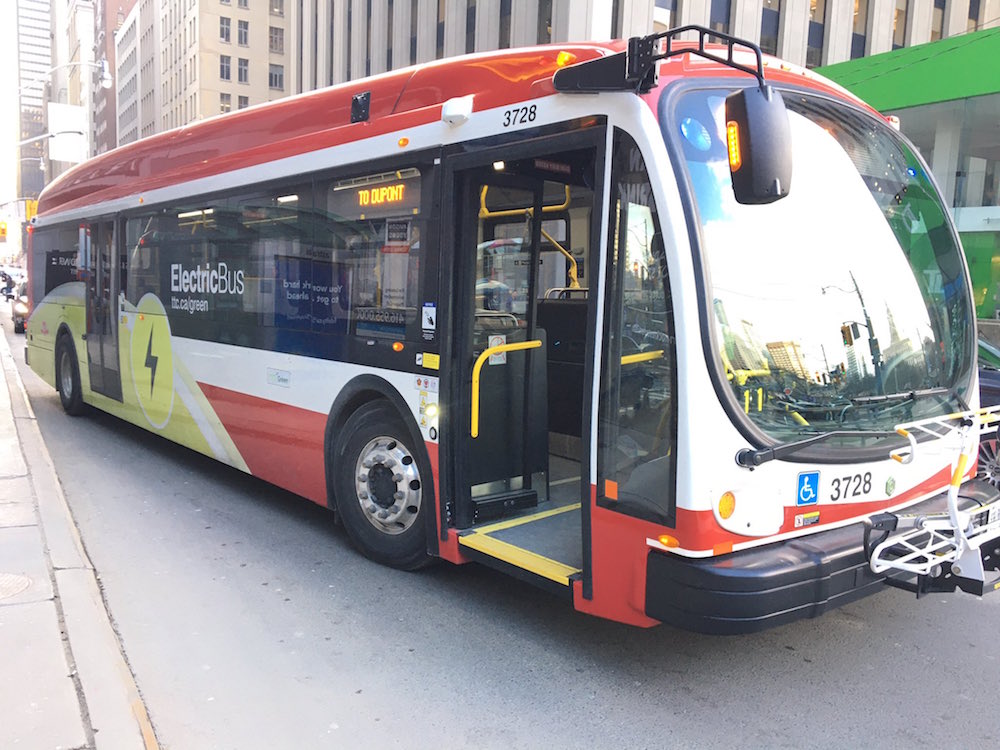Electricity competitor decides to leave Pennsylvania
By The Patriot-News
Arc Flash Training - CSA Z462 Electrical Safety
Our customized live online or in‑person group training can be delivered to your staff at your location.

- Live Online
- 6 hours Instructor-led
- Group Training Available
Andy Prince, a spokesman for the renewable-energy provider, said about 30,000 remaining Green Mountain customers in the state will have to buy their premium-priced wind-, water- or biomass-generated electricity from someone else.
Green Mountain's customer base in Pennsylvania peaked at 100,000 in 2002.
"Wholesale electric prices, coupled with the capped rates for utilities, made it impossible for us to continue serving Pennsylvania customers without charging about $30 more a month on their electric bill," Prince said. "We didn't think that was fair to our customers."
Pennsylvania electric utilities, with the exception of Duquesne Light in Pittsburgh, have their rates capped until the end of the decade. That was part of the restructuring they underwent for electric competition, beginning in the late 1990s. The caps have protected customers from rate increases since 1996 but made it difficult for competitors to sell for less than the home utilities.
Green Mountain always charged more for its electricity than the state-based utilities. But it appealed to consumers who wanted to support development of wind energy and other less-polluting forms of energy.
Prince said most remaining customers are in the PECO Energy and Duquesne territories. He said 1,461 are in the PPL service territory that includes the Harrisburg region.
Green Mountain is controlled by Sam Wyly, a Texas investor who also has helped bankroll the political campaigns of George W. Bush. Originally based in Vermont, its headquarters is in Austin, Texas, now. Prince said the Texas electricity market is father along than Pennsylvania's market and a more profitable area for Green Mountain.
Yet it wasn't that long ago that Wyly was distributing a video that compared the California electric-deregulation fiasco to Pennsylvania's more successful model, according to an article from the Fort Worth Star-Telegram posted on Wyly's personal Web site.
Green Mountain entered the Pennsylvania market in 1998 and did more marketing than most competitive electricity providers.
Consumers were always cautioned that electricity produced by windmills and water wheels went into the regional power pool, not into a direct line to their homes. But many people bought into the idea anyway.
Prince said Green Mountain will offer a $9.95 a month or $99.95 a year plan for its former Pennsylvania customers to make freewill contributions to the development of renewable energy. They won't get anything in return for their money except good feelings.
"Originally, we sold the electricity along with the environmental attributes," he said. "Now it's just the environmental attributes."
John Hanger, director of the Penn Future public interest group in Harrisburg, has been a Green Mountain customer at home since 1999. So has Penn Future itself. Hanger said supporters of renewable energy should not overly mourn because other companies offer renewable power.
People interested in buying renewable energy can review offerings from other companies at the Web site www.cleanyourair.org, he said.
Hanger said electric competition won't develop in all areas of the state, beyond Philadelphia and Pittsburgh, until the end of the decade. That's when the utilities can no longer charge customers for "stranded costs"-- assets supposedly made uneconomical by electric competition. Those charges add as much as 4 cents per kilowatt hour to a bill from PECO Energy, which historically has had the state's most expensive electricity.
Both stranded costs and rate caps went away early at Duquesne as part of a settlement, and competition there is far more advanced.
"The exit of Green Mountain Energy is sad," Hanger said. "But to call it the final nail in the coffin of retail competition would ignore what is happening at Duquesne."





